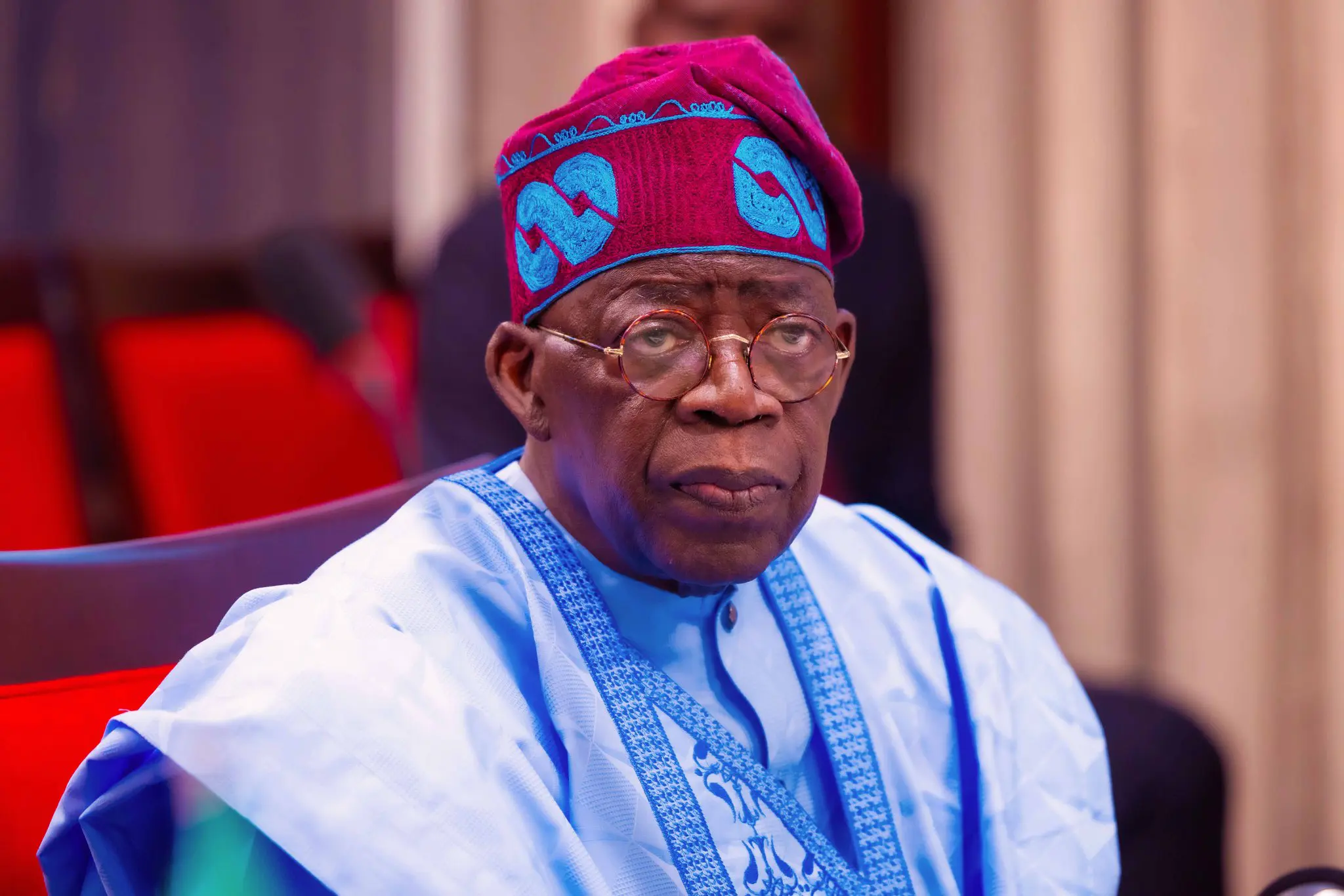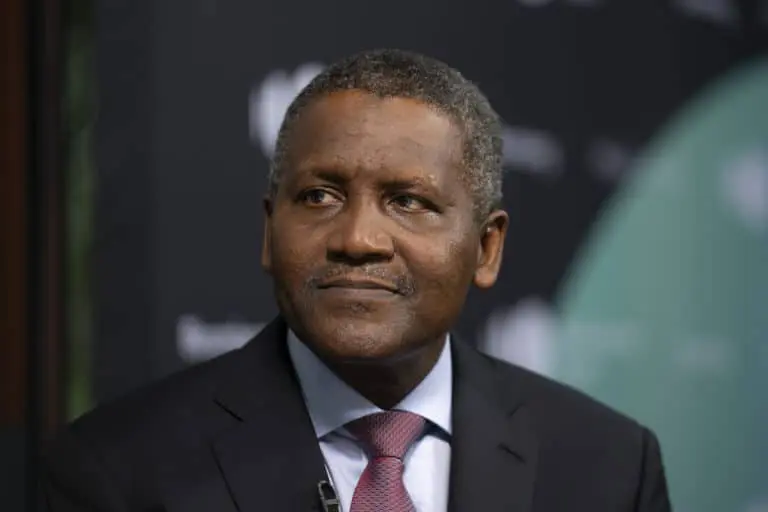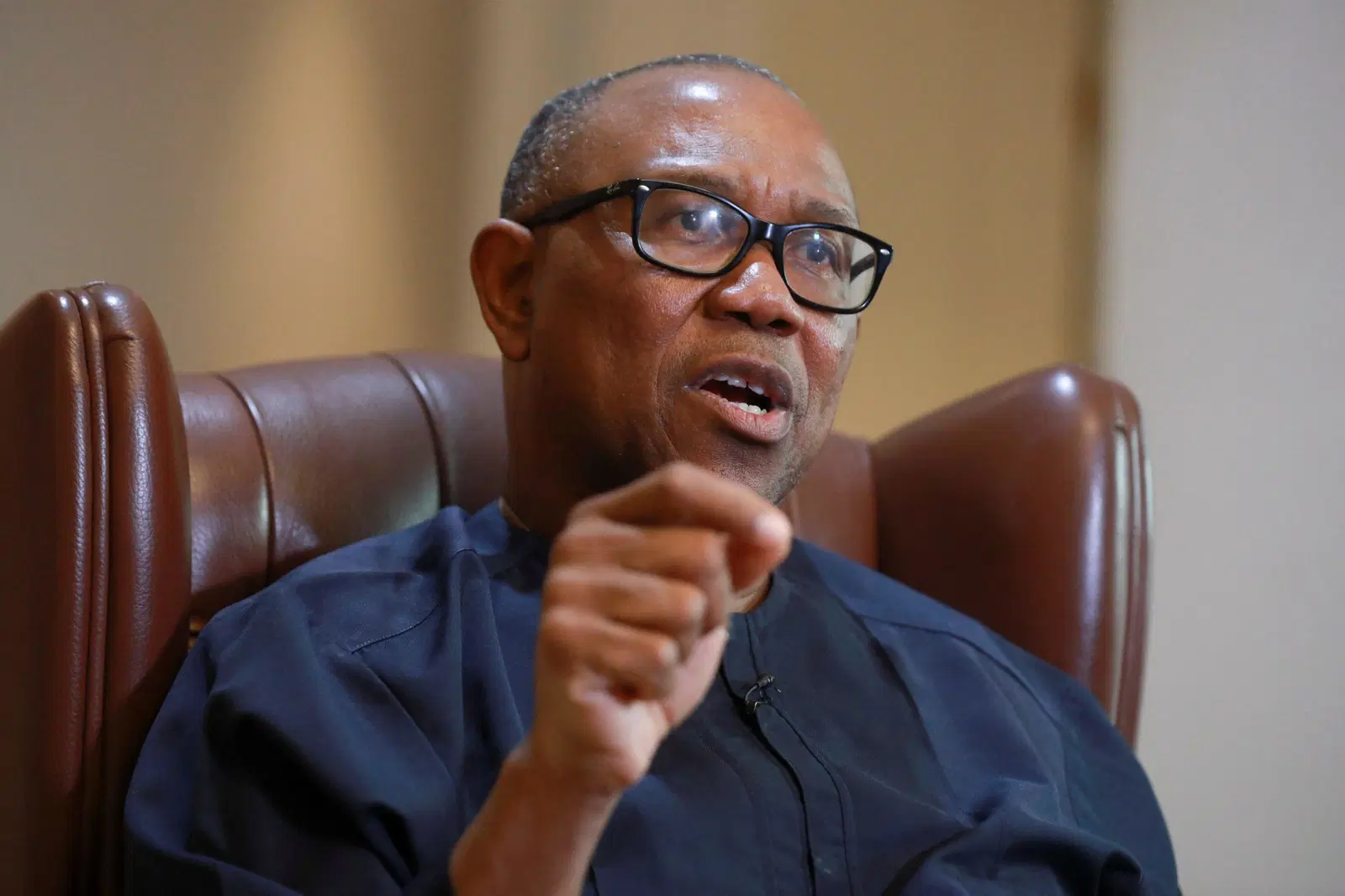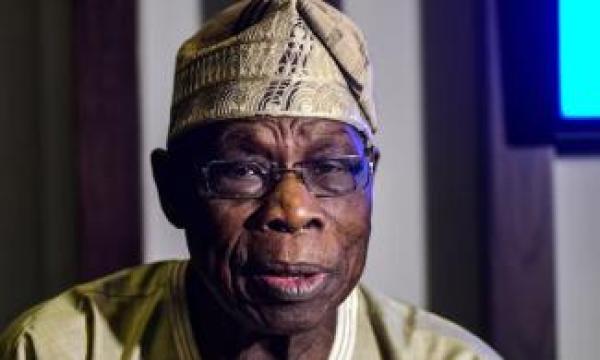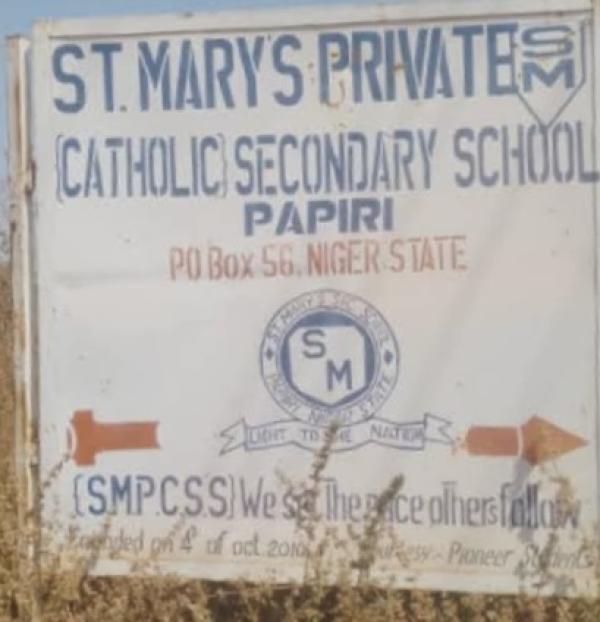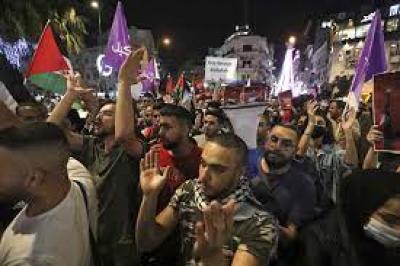
Monday, 17 May 2021: The worst violence between Israel and Palestinian resonated since 2014 has erupted in recent days, with the conflict escalating over the final Ramadan weekend.
Since mid-April, there have been clashes on the streets of Jerusalem—a city both Israelis and Palestinians consider as their capital.
CEOAFRICA looks at why the escalation has happened and how it compares with previous flash points in the history of the Israeli-Palestinian conflict.
Crisis began to brew when Israel imposed a limit of 10,000 people gathering for prayers at the Al-Aqsa mosque during the Muslim holy month of Ramadan, which started on 12 April.
The mosque, which is considered the third most holy site in Islam is also the site where the Jewish first and second Temples are believed to have been built - known as Temple Mount.
On 8 May, tens of thousands of Muslims gathered at the Al-Aqsa mosque, whose compound borders the Western Wall where Jews also pray as it is the closest they can get to the foundations of where the temples once stood.
However, Israeli police blocked busloads of Muslims from entering the Al Aqsa compound and turned back thousands of them from the mosque. This led to the clash of Palestinians and Israeli police at the mosque.
Another reason for the increased tension has been the threat of eviction of Palestinian families from the Sheikh Jarrah district, as Jewish settler groups laid claim to the Israeli Supreme Court for land and property in the Palestinian neighbourhood, which is based in East Jerusalem,.
On 10 May, Israeli police also used tear gas and stun grenades inside the mosque which drew widespread Palestinian condemnation.
Rockets were then fired in retaliation by Hamas, a militant group which controls the Gaza Strip. The barrage of rocket fire targeted Israeli communities bordering Gaza and even reached the suburbs of Jerusalem.
Critics of Hamas claim their actions were a political ploy to position themselves as a legitimate leader over rival Palestinian party Fatah and decisions to delay Palestinian elections.
Hundreds of rockets have since then been fired from Gaza towards Israel, and the Israeli Air Force has carried out airstrikes pounding Gaza. Dozens of civilians, including women and children, have been killed. Majority of the casualties were Gazans while clashes have expanded across Israel, with tensions rising in Arab-Israeli towns.
On Wednesday 12, 2021, Israeli Prime Minister Benjamin Netanyahu declared a state of emergency in Lod, a city near Tel Aviv after reports that members of Israel';s 21% Arab minority set fire to synagogues and Jews had stoned cars driven by Arab residents.
One of the major player in this unrest have been the Hamas group, a militant Islamic political movement that has been classified as a terrorist organisation by Israel, the US, Japan and Canada.
Since 2006, Hamas has taken control of Gaza, which is situated in between Israel and the Mediterranean Sea.
A large Israeli buffer zone in Gaza, which is just 365 square kilometres (141 square miles), means much of the land cannot be lived on. Water, medicine and power shortages are common, with Gaza relying on Israel for its supplies.
In the course of the current conflict, Hamas said it is "defending Jerusalem" by launching rockets at Israel.
The bombarding of Tel Aviv was an "honourable scene...the biggest achievement in this battle", a Hamas spokesman said.
He said Israel had "decided to launch a new war against Gaza" so its military wing will "act in self-defence".
Hamas wants to position itself as the "true defender" of Palestinian rights as it fights to gain control of the West Bank from Fatah.
The Israeli Prime Minister Benjamin Netanyahu has however vowed to expand Israel';s offensive and said Hamas should "pay a very heavy price for their belligerence".
He further exclaimed that Israel will use ';an iron fist if needed'; to stop widespread protests by Arab citizens.
The Israeli military, which has named its offensive on Gaza "Operation Guardian of the Walls", says it will continue to strike the enclave hard from the air with jets, attack helicopters and drones.
Israel';s president, Reuven Rivlin, also weigh in on the situation saying the country';s Arab leaders are "giving support to terrorism and rioting" by staying quiet about the clashes.
One of Jewish far-right leaders, Itamar Ben-Gvir, a member of the Knesset—the Israeli parliament, has called for Arab citizens to be expelled from Israel if they are not loyal to Israel.
The presence of Jewish nationalists marching on Jerusalem Day, 8th May through Sheikh Jarrah has been seen as one of the boiling points in the current conflict.
There are about 1.89 million Arabs living in Israel, most of who identify as Arab or Palestinian by nationality and Israeli by citizenship. They make up 20.95% of Israel';s population, according to Israel';s Central Bureau of Statistics'; latest figures from 2019.
Several cities and towns in Israel have Israeli Jews living alongside Israeli Arabs.
In the course of the current conflict, clashes have happened between the two, with Israeli Arabs protesting in support of Palestinians.
Synagogues have been attacked and fighting has broken out on the streets between the two communities, with reports of both sides being targeted without provocation.
Israeli President Rivlin called for an end to "this madness", saying it was a "senseless civil war among ourselves".
Hamas has however called for a full-scale Palestinian intifada, or uprising. The last intifada (the second), which began in year 2000 and lasted more than five years, was also centred on the Al-Asqa mosque/Temple Mount.
There have been many clashes, two intifadas and uprisings over the past few decades. Since 2014, none have been as widespread as the current one, with violence taking place in Gaza, across Israel and the West Bank.
The widespread unrest will be seen as worrying for Middle East observers.
There are fears the current conflict will escalate into one similar to the seven-week 2014 Gaza War as neither side is showing signs of giving up.
In 2014, Israel launched a military operation in the Gaza Strip after the kidnapping and murder of three Israeli teenagers by Hamas members. When the Israeli Defence Force (IDF) conducted an operation to arrest Hamas leaders, the Palestinian group began to fire rockets into Israel.
The 2014 Gaza War saw a massive loss of life but was not as widespread as the current conflict.
It was one of the deadliest conflicts between the two sides in decades, with thousands dying - mostly Gazans - due to Israeli airstrikes and ground bombardments and Palestinian rocket attacks.
The current conflict has seen Hamas rockets going much further into Israel than 2014 and violence more widespread.
With so much at stake, frantic diplomatic efforts are under way to try to broker a ceasefire. The European Union, United Nations and the UK government have condemned Israel';s decision.
Also, the increased engagement by the White House is clear evidence that attempting to defuse the crisis between Israel and the Palestine is once again a top priority.
The big question, though, is whether that will be enough or whether this region is again about to plunge into a brutal, bloody war.












